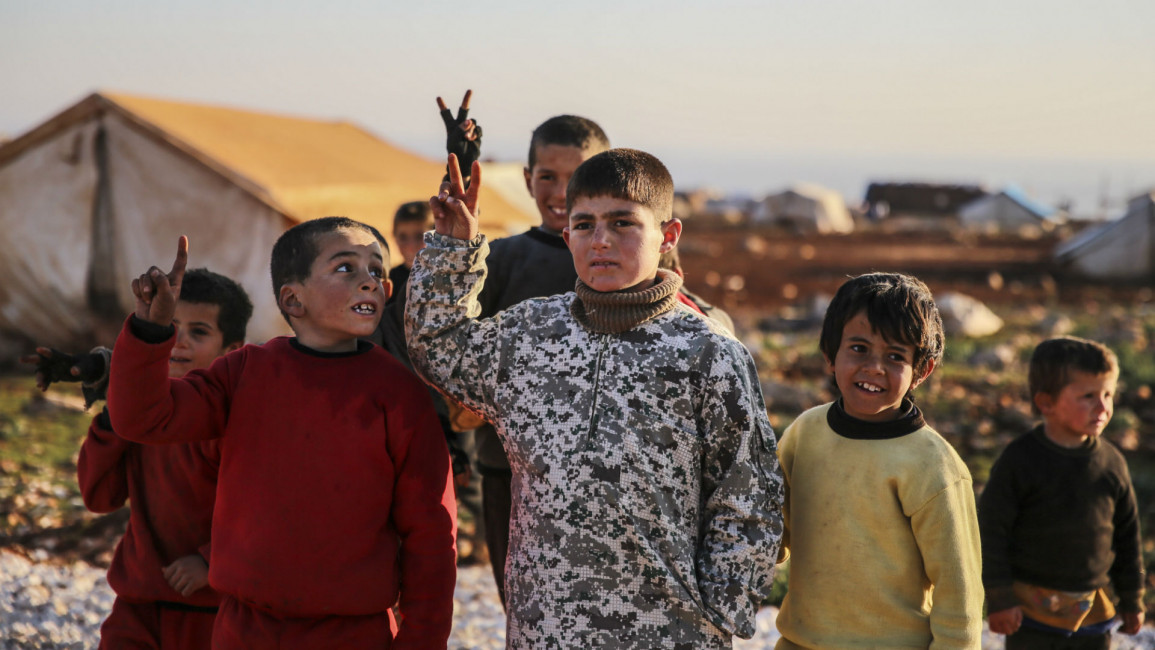The programme, entitled 'Japanese Initiative for the future of Syrian Refugees,' outlines the requirements for applicants.
Originally, it was stated that "pregnant applicants are not recommended to apply," according to Amnesty and the government body [JICA] which manages the programme.
Following criticism from Amnesty and other groups, the text was changed to read: "Before the application, pregnant applicants are advised to consider carefully potential risk of health and life issues of mother and foetus."
JICA later added on Wednesday that it would remove the clause as it was causing "misunderstanding".
Earlier in the day, JICA spokesman Satoshi Marukami told AFP that the programme's key aim was "not to rescue the underprivileged but to educate personnel" for Syria's reconstruction.
"When a pregnant woman comes to Japan and gives birth, she will have to rest for some time," he said, while emphasising that this did not mean that female applicants are not welcome.
Amnesty maintained their objection to this stance.
"The requirement is problematic because it narrows the window for female applicants," said Kaoru Yamaguchi, who believes that it discourages refugees from applying.
The Japanese Initiative for the future of Syrian Refugees programme was launched after Prime Minister Shinzo Abe
announced in May that Japan would accept up to 150 Syrian students over five years from 2017.
This figure is dwarfed by the numbers of refugees accepted by countries with vastly smaller populations that Japan, which is a nation of 127 million.
Norway, for instance, has pledged to accept 9,000 Syrians, while having a population of around 5.1 million.
An assessment carried out by British charity Oxfam in March said that based upon the size of Japan's economy, it should be able to take 50,000 Syrians.
In 2015, Japan welcomed a mere 27 refugees from an applicant pool of around 7,500 who hailed from 69 countries, according to the justice ministry.


![President Pezeshkian has denounced Israel's attacks on Lebanon [Getty]](/sites/default/files/styles/image_684x385/public/2173482924.jpeg?h=a5f2f23a&itok=q3evVtko)





